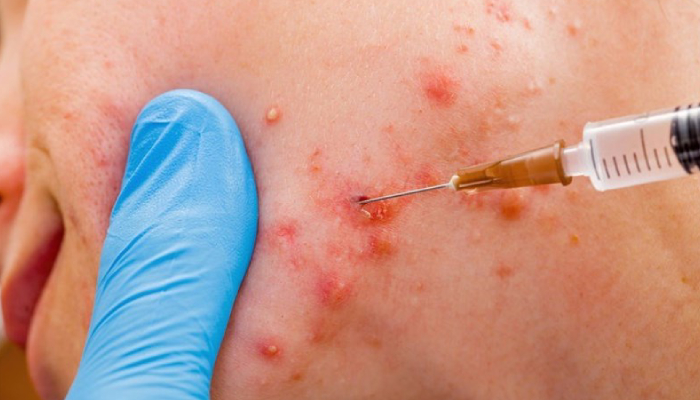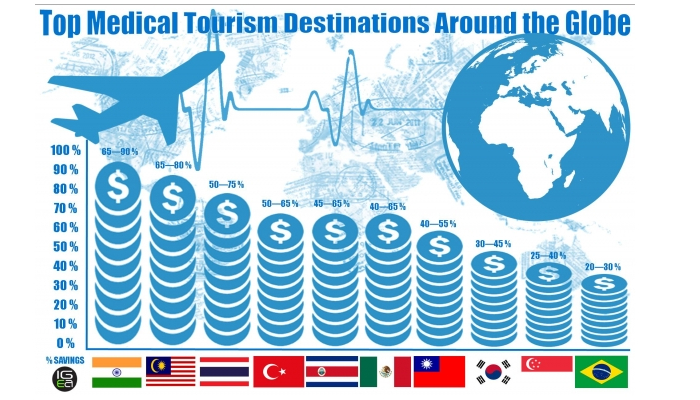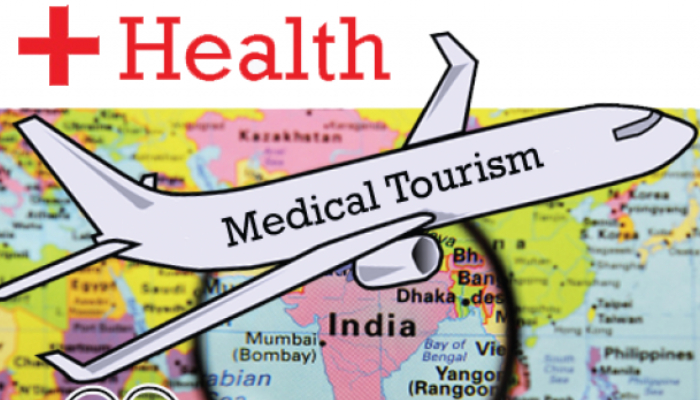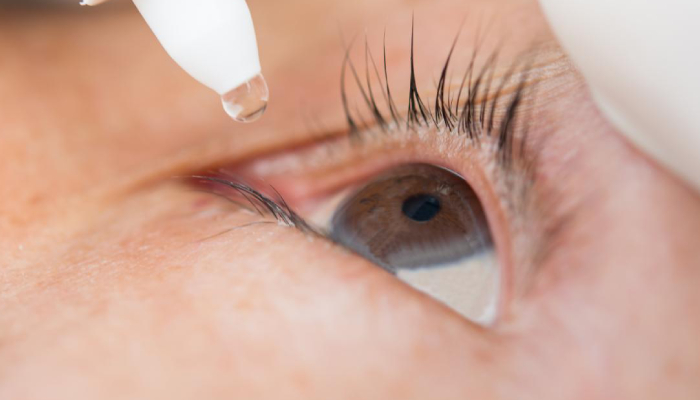Know about the medical treatments for acne

Diagnosis And Medical Treatments For Asthma
March 20, 2020
Simple medical treatments for snoring
March 22, 2020What is acne and how to treat acne?
Acne is one of the common skin conditions that primarily affects teenagers who are going through hormonal changes. It may be severe (cysts and nodules), moderate (inflammatory papules), or mild (mild occasional pimples). Dead, dirt, and oil skin cells on the skin’s surface clog the pores and develop small localized infections or pimples. The treatment is effective for clearing the bacteria away and drying up extra oils resulting in acne. There are several treatments for acne like oral medication, topical medication, medical procedures, and lifestyle remedies.
In most cases, the medical treatments for acne depend upon the individual’s condition. If the person has moderate or mild acne like blackheads or whiteheads, the treatment will be relatively simple. If you have inflammatory or cystic acne, the treatment procedure will be challenging. Before starting the treatment, your dermatologist or doctor would help in determining what acne you have. Cyst acne is a single or multiple painful, red, large cyst under the skin’s surface.
Read More About : The Best Medical Treatments For Hair Loss
Lifestyle remedies for acne
Most people with pimples or mild acne can manage the issue by making certain lifestyle changes. The main root of acne is oil. Keeping the face clean and free from hair is important. If you have greasy hair, ensure it does not fall on your face. Acne can develop when oil from the face and hair builds up on the bedding of the skin. It is recommended to change pillowcases on a weekly or daily basis to eliminate this buildup.
Use a gentle cleanser to wash your face. If possible, wash three times a day with warm water. Make sure you do not scrub your face when washing. When you scrub, there are chances for the acne to aggravate. Do not use products that can affect your skin like oil-based makeup or scented lotions. Select sunscreens and moisturizers that come with the label ‘noncomedogenic’. It means that the product will not clog your pores.
Such adjustments help in resolving mild acne quickly.. Some patients may look for slightly strong products or medications. In such cases, you can visit your dermatologist and get suggestions for oral or topical medication.
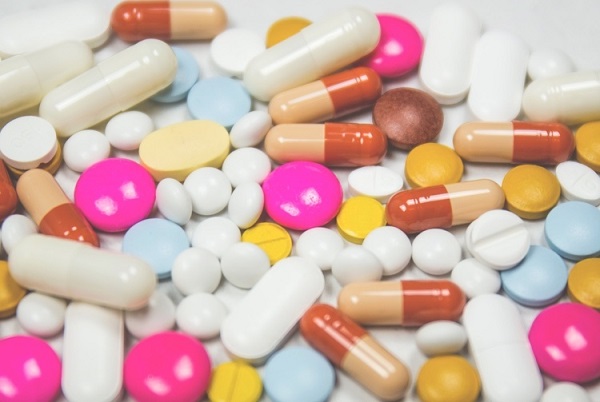
Oral medications for acne
Oral medical treatments for acne are referred to as systemic treatments as they involve the entire body. It is mostly prescribed by physicians. Oral drugs are suggested to treat severe and moderate acne when they do not react to topical agents. Isotretinoin, birth control pills, and antibiotics are three kinds of general drugs prescribed to treat acne.
Isotretinoin: It is said to be a strong medicine in the retinoid category. It decreases the oil gland’s size and thus they produce less oil. Moreover, Isotretinoin also aids in regulating skin cells throughout, so in this way, the cell does not control the release of extra oil and bacteria from the pores. It is most prescribed for patients with serious cystic acne.
In most cases, the physician may recommend this, when other medications do not work out. As the side effects of this medication are severe, it is generally not suggested for all people.
Birth control pills: Balancing hormonal levels helps in enhancing acne for certain women. It is not recommended to consume birth control pills when you are pregnant. Ask your physician how you can control breakouts.
Antibiotics: In most cases, the physician may recommend tetracycline – a regular antibiotic pill for acne. It helps in fighting infection and bacteria inside out. It is mostly treated with topical medications, as creams and gels alone do not improve the situation.
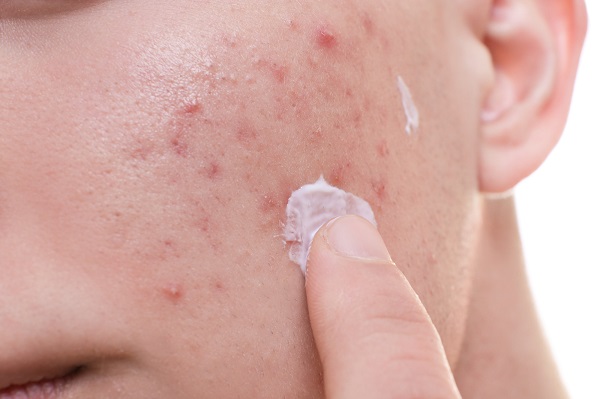
Topical medications for acne
Topical medications like creams, gels, and lotions help in a great way to control acne. It can be used by applying a thin coat before bedtime and in the morning after washing the face. Certain topical medications can be purchased by showing the prescriptions and some are easily available over the counter. OTC acne creams or products consist of an active ingredient- benzoyl peroxide or salicylic acid. These substances limit the oil your body produces. Such products also help in fighting inflammation. It helps in preventing the formation of new acne and treating existing blemishes.
Prescription medications are recommended when OTC products are not strong enough. If you have severe or moderate acne, it aids in killing bacteria. These creams or acne gels contain tretinoin that is strong of benzoyl peroxide.
Almost every person experiences acne at some point in their life. It is very common amongst teens. But adults will also have a breakout at some point and mainly during pregnancy. If a pregnant woman is experiencing acne, she will not be given the same treatment options as others. The majority of medications suggested for acne treatment for adults and teens are not recommended during pregnancy as the safety of the medication is not known. Tetracycline and isotretinoin have chances to harm the fetus.

